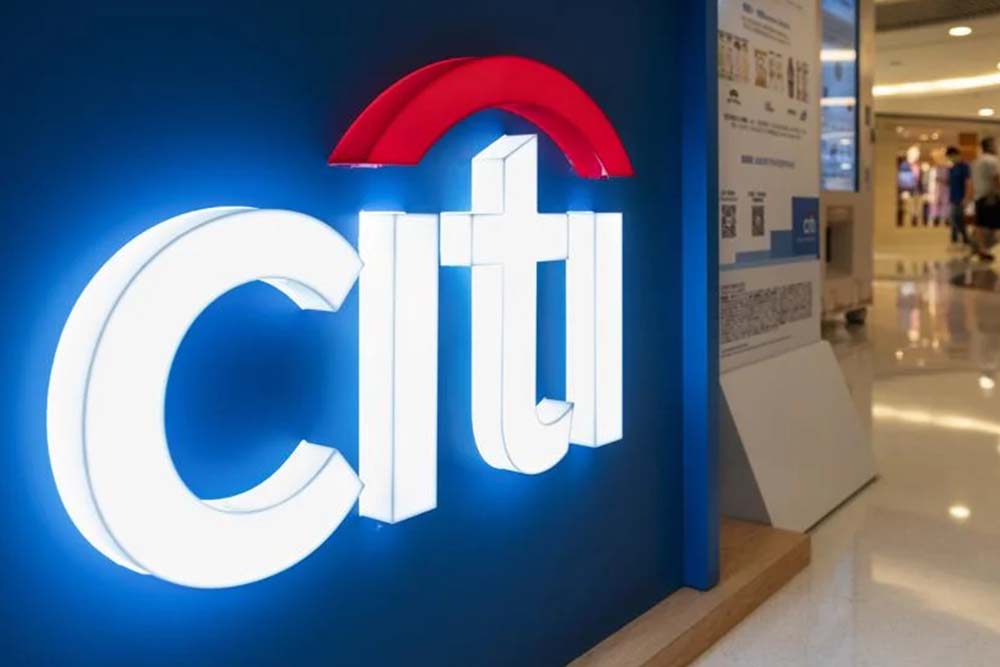Citigroup (Citi), a global banking giant, is embracing blockchain technology to enhance its services for institutional clients. In a significant step, Citi has introduced “Citi Token Services,” a platform designed to tokenize clients’ deposits, enabling instant cross-border transactions.
Ryan Rugg, Global Head of Digital Assets for Citi’s Treasury and Trade Solutions business, emphasized the inefficiencies in traditional banking methods for multinational clients. These clients often need to maintain cash buffers in various regions worldwide, leading to inefficient cash utilization. With Citi Token Services, the bank aims to revolutionize this process. Rugg explained that regardless of the time difference, clients can now send money internationally within seconds.
Automating Trade with Smart Contracts
Citi is continuing at tokenizing deposits. The bank is also harnessing the power of smart contracts to automate trade processes. Smart contracts are self-executing programs that automatically trigger actions when predefined conditions within an agreement are met.
Citi tested this innovative contract capability in collaboration with Maersk, a prominent shipping and logistics giant and a client of the bank. The process involved prefunding an intelligent contract with digitized tokens. Once Maersk received the agreed-upon services from a canal authority, the smart contract automatically executed the payment. This innovative approach by Citi has the potential to significantly reduce transaction processing times, potentially transforming processes that previously took days into mere minutes.
Tokenizing Real-World Assets with Blockchain
While the cryptocurrency market has faced regulatory challenges and relatively stagnant prices, there’s growing excitement about tokenizing real-world assets using blockchain technology. Bernstein, a financial research firm, has forecasted that approximately $5 trillion worth of real-world financial support will be tokenized on blockchains over the next five years. This trend is seen as a crucial modernization of financial markets.
Citi’s move to tokenize services and assets is among the most noteworthy developments in the financial industry’s engagement with digital assets. Other financial institutions are also exploring opportunities in the blockchain space. Investment manager Hamilton Lane has launched tokenized funds, while KKR has tokenized a portion of an equity fund through a partnership with Securitize. Franklin Templeton introduced a mutual fund that leverages blockchain for transaction settlements and ownership data recording. JPMorgan Chase has introduced Onyx, a bank-led blockchain platform focused on international trade.
Citi’s Choice of Blockchain
Citi’s decision to employ a private blockchain for its new services is noteworthy. The bank’s adoption of public blockchains in the future will be contingent on regulatory developments. Rugg explained that if regulations evolve and regulators become comfortable with public blockchains, Citi is open to exploring that avenue. However, for the present, the bank is adhering to a permissioned blockchain approach.
Conclusion
Citigroup’s foray into blockchain and digital assets represents a significant shift in the financial industry’s landscape. As seen, blockchain technology continues to demonstrate its potential for efficiency, security, and innovation, more financial institutions are likely to follow suit, further propelling the modernization of global financial markets.

